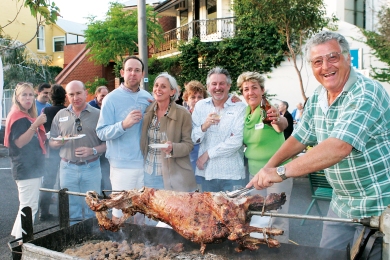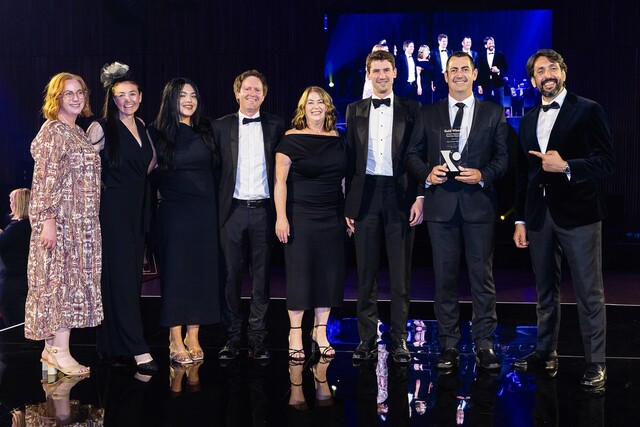By Julia McLauchlan*
The Federal Government’s recent focus on alcohol problems has presented the opportunity for further Local Government involvement in the development of whole of government policy and programs to address alcohol related problems.
The National Local Government Drug and Alcohol Advisory Committee (NLGDAAC) has undertaken research and convened a workshop to document the key differences between legislative and regulatory liquor licensing frameworks across Australia, how these frameworks work in with Local Government, and the benefits and constraints of each model to help form a Local Government submission for contribution to the Council of Australian Governments’ (COAG) binge drinking paper.
The Australian Local Government Association (ALGA) has supported NLGDAAC’s proposal.
A submission – ‘Local Government Recommendations on Liquor Licensing’ – has identified a number of recommendations to support Local Government’s capacity to better manage alcohol related issues and minimise harms through planning, licensing and regulatory functions.
It was presented to the Ministerial Council on Drug Strategy (MCDS) during a national alcohol forum convened by the Federal Government on 15 July 2008.
There is currently no national, uniform liquor licensing legislation. Instead, each State has its own set of liquor legislation and regulations that control how, where, when and to whom alcohol can be sold. Where these controls have not been implemented effectively there are social costs, reductions in public amenity, community safety and perceptions of safety.
Local Government has a significant role in mitigating these impacts and can play an important role in augmenting or complementing liquor licensing regulation.
Key opportunities exist to further embed alcohol management principles in local planning to aid liquor outlet assessment and to make best use of licensing controls.
Across Australia, Local Government provides a varying range of initiatives and strategies to specifically manage alcohol related issues, such as development of alcohol management plans, regular safety audits, and the implementation of local laws, incorporating provisions that control consumption of liquor in scheduled areas including alcohol free zones.
While Local Government could indeed ‘step up’ to take a stronger role in managing alcohol at the community level, this must be facilitated by State efforts supported by a national policy framework that builds and supports capacity of Local Government to plan on behalf of their communities.
The NLGDAAC focuses on reducing the impact of alcohol and other drugs across Australia, from capital cities to remote areas, by advocating Local Government perspectives to Federal and State policy makers.
The NLGDAAC was established by the Council of Capital City Lord Mayors (CCCLM) in partnership with the Australian Local Government Association.
For further information or to provide feedback on the Local Government Recommendations on Liquor Licensing, contact Julia McLauchlan on (07) 3403 4081 or email julia.mclauchlan@brisbane.qld.gov.au
*Julia McLauchlan is a Senior Program Officer at Brisbane City Council and provides project support to the NLGDAAC.

















